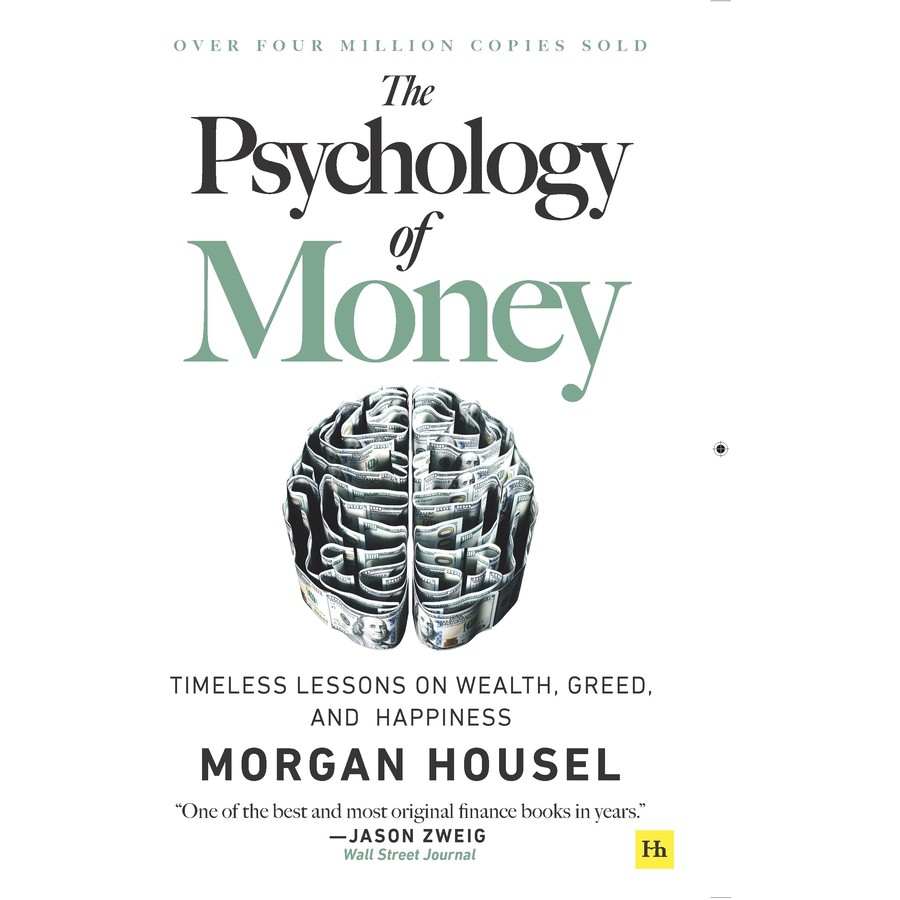Morgan Housel’s The Psychology of Money looks into the human side of finance, putting behaviour above
traditional financial strategies. The book’s 20 concise chapters each deliver a unique lesson about money.
Housel’s engaging style, rich with personal stories, makes the financial concepts relatable.
Key Themes:
Behaviour and financial success: Housel emphasises that financial success hinges more on behaviour than on knowledge, highlighting the importance of self-awareness and discipline.
Compounding: He underscores the power of time and compounding in building wealth, showing how small, consistent actions can lead to significant financial growth.
Illusion of control: Housel reminds us of the inherent unpredictability of markets, stressing that luck and uncertainty play a significant role in financial outcomes.
Tailored financial strategies: He advocates for personalised financial strategies that reflect individual goals, risk tolerance, and personal circumstances.
Wealth and happiness: The book explores the relationship between money and happiness, arguing that beyond a certain point, additional wealth doesn’t equate to more happiness. Instead, financial security and the ability to control one’s time are more closely tied to well-being.
Housel’s talent for making financial principles memorable is evident through his engaging storytelling. However, it may lack detailed and actionable advice for some readers, as it leans heavily on anecdotal evidence. Nonetheless, The Psychology of Money offers timeless wisdom on money management, focusing on the psychological and behavioural aspects that drive financial success and failure. I highly recommend this book to anyone keen to understand the phycological and emotional forces behind personal finance.
